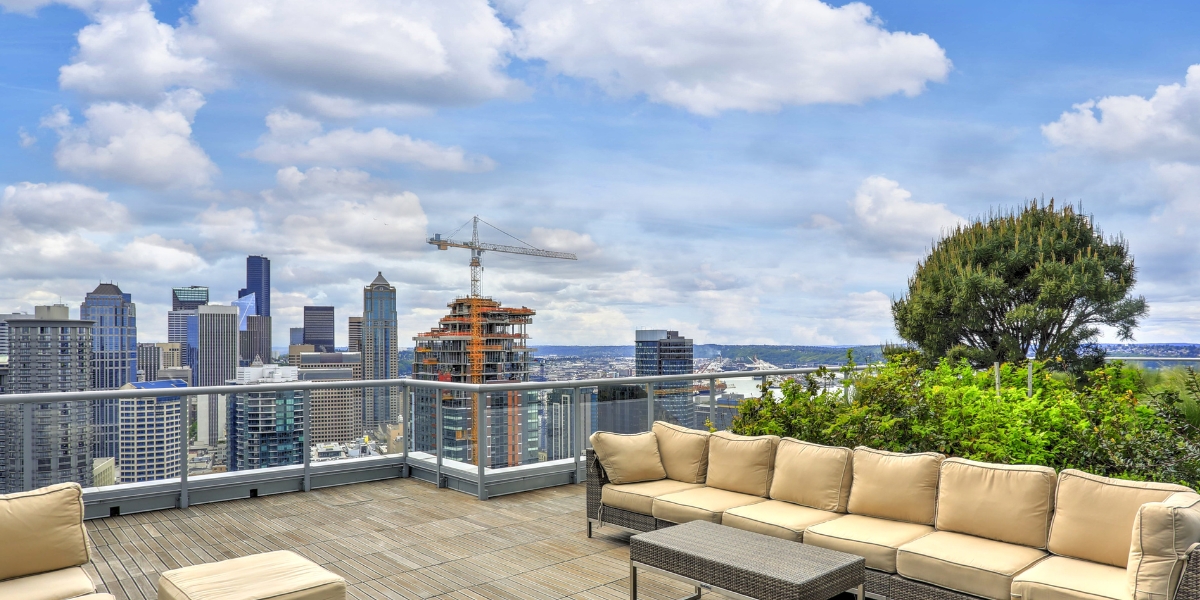7 Ways to Reduce Apartment Expenses and Operating Costs in Washington
As the old adage goes, you have to spend money to make money. As the landlord of an apartment complex or other multifamily dwelling in the Seattle...
Managing a residential rental property requires planning, research, and know-how. While we can never fully predict the future, best-practice budgeting and understanding the costs of managing a property will reduce headaches and nasty surprises for both property managers and tenants by ensuring that there is money in the budget if something unexpected occurs.
It is a great time to purchase an investment property in the greater Seattle area! Powell has been a leader in quality property management across the commercial and residential spaces in Burien, WA, and surrounding areas for over a century and we’re happy to put our expertise to work for you.
The operating budget of a property is the expected amount of money both coming in and going out for a specific property. In other words, the income and expenses. As structures age, they require maintenance and upkeep. There is no exception. Understanding what is meant by “operating budget” from the outset can set you up for future success. Expenses included in this calculation are directly related to the daily expected costs of maintaining a property and include:
Sometimes expenditures occur that appear outside the typical operating expenses discussed above. It is important to understand which falls outside the category of operating expenses so that these items are also well supported by your budget. Examples of nonoperating costs include:
The rule of thumb for calculating the operating expenses of a single-family property is that about one percent of the property’s total value will be needed for yearly maintenance. For example, a $350,000 property will require about $3,500 of maintenance a year. Recall, however, that this includes only moderate repairs. Factors such as pets, the age of the property, and the number of occupants will impact your maintenance costs. Some landlords factor this extra cost in with pet fees.
Other costs listed above, such as homeowner’s association fees, taxes, and insurance fluctuate slightly but are relatively known entities to include in your budget. These factors can change every year, however, so it’s a good idea to reevaluate your budget yearly.
Calculating operating expenses is just the beginning. If you’re interested in further calculations to make sure you are on the right track, check out our Real Estate Formulas Cheat Sheet.
Approximately fifty percent of rental income is generally apportioned to operating expenses. This is called the fifty percent rule. To illustrate, if rental income is $1600 per month, about $800 can be expected to be needed for operating expenses. However, the operating expense ratio on a single-family home is different from expected ratios for other kinds of real estate such as apartment buildings, condos, or retail spaces. It is wise to set rent accordingly in order to be sure to cover operating expenses without difficulty. Using this calculation to set rent saves headaches down the line by making sure expenses are covered. If you dig into your profit and loss statement and find your operating expenses are eating more than half your rent, you may be interested in ways to reduce your operating costs.
We are trusted area experts and are confident we can add value and simplify your experience by managing your property in Burien, WA, and the neighboring communities. Give us a call or contact us today so we can start the conversation about your specific property today!

As the old adage goes, you have to spend money to make money. As the landlord of an apartment complex or other multifamily dwelling in the Seattle...

When evaluating your options for expanding your investment portfolio, purchasing an apartment complex is often suggested as a smart way to diversify...

Whether you own individual homes or an apartment building, real estate is an excellent investment. However, one of the biggest expenses to any...